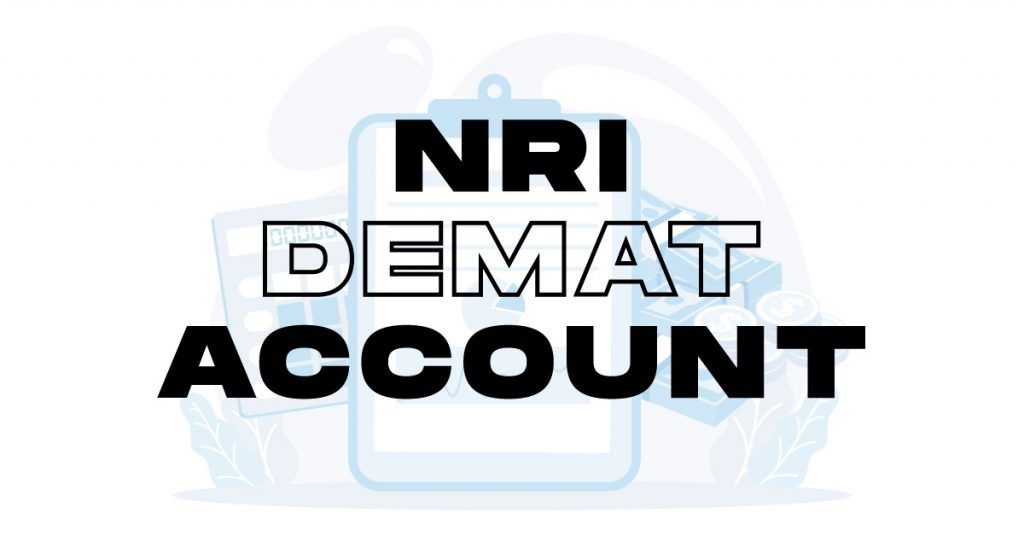IPO Subscription Status - Details & How to Check
Written by Dev Sethia
Published on December 09, 2025 | 5 min read

With the continued growth of India’s initial public offering (IPO) sector, more retail investors than ever before are participating actively in the market. Most investors view public offerings as the most exciting and profitable investment opportunity available today.
The increasing attraction of IPOs is primarily due to their ability to provide an attractive and profitable opportunity for both short- and long-term wealth creation through the initial increase in share value upon listing on the exchange.
In addition to the potential for profits, many investors are interested in acquiring shares through the IPO in order to obtain ownership of an emerging company and to also take part in its growth when it goes public.
While news regarding both the successes and failures of IPOs is widespread among the investment community, most investors still have the same burning question in their minds: how does one subscribe to an IPO, and what are the necessary considerations to keep in mind before applying for an IPO?
Understanding the Basics Before Applying
Trading Account Requirement
The three fundamental elements for IPO participation are:
-
The need for a trading account.
-
The requirement for a Permanent Account Number (PAN).
-
The requirement for a Demat account.
While the trading and Demat accounts have distinct functions, they complement one another as they serve as prerequisites for applying for an IPO and, therefore, make applying for an IPO much easier. You can use your trading account to purchase or sell shares and your Demat account to store them electronically.
Importance of Research and Analysis
Enthusiasm alone is not enough when applying for an IPO. Investors must undertake thorough research into the company’s background, business goals, revenue history, profit and loss patterns and plans.
They also stress the need to differentiate between verified information and market rumours to avoid poor investment decisions. Understanding a company’s fundamentals plays a critical role in determining whether an IPO is worth subscribing to.
What Is IPO Subscription Data?
The number of shares that have been subscribed for by investors during the initial public offering (IPO) of an organisation is what is referred to as the IPO Subscription Data, one of the most significant indicators of demand from investors.
This can be separated into categories based on the type of investor:
- Institutional Investors
- Non-Institutional Investors
- Retail Investors
- Employees and other Investor Types.
IPO Subscription Data is available in real-time on stock exchange websites to provide investors with greater transparency into how various groups of investors feel about an IPO transaction.
How to Subscribe to an IPO?
The two principal approaches to supporting IPO subscriptions are either Offline applications or Online applications, provided by all broker companies based in India.
Applying Online
The Online application option allows registered brokers' clients to purchase IPO shares via the broker's platform, whether on-site or through an application on their mobile handset. This is the fastest-growing way to subscribe to an IPO. Using a broker's website or mobile app.
Applying Offline
Investors who prefer to submit their IPO application in paper form rather than submit their IPO application electronically can do so at a bank’s physical location or a brokerage firm's office.
Investors who wish to submit a paper application must complete an ASBA Application Form and provide the required KYC documentation with their application. Under the ASBA process, only the amount of money applied for by the investor is frozen in the investor’s bank account.
Why Tracking IPO Subscription Status Matters?
The IPO subscription status provides investors with an overview of the number of shares received in an IPO offering made available for investment through either the BSE or NSE during the entire Initial Public Offering (IPO) period.
There are many reasons why trading experts recommend maintaining an updated record of the IPO Subscription Status:
Understanding market demand
This assists in predicting what the listing price may be. A high level of subscription is typically associated with a more robust initial listing
Evaluating Retail Participation
Evaluation of each retail investor's respective participation in an IPO; this may impact an investor's decision regarding whether to buy or sell shares after they are listed.
Next Steps After Allotment Results
Since investors who receive their allotments will need to wait until the shares are listed, while investors who do not receive their allotments will have a portion of their funds unblocked, allowing them to re-invest those unblocked funds into other trades.
Monitoring Grey Market Trends
Knowledge of trends in the "grey market" as trends in these two markets tend to closely correlate with each other.
Checking IPO Subscription Status
Investors can access their subscription information through the BSE website or through brokerage platforms or through financial newspapers that provide regular updates to subscribers about their status.
How to Check Your Subscription Status on BSE:
-
Go to the BSE website's official IPO subscription status webpage.
-
Select the Issue Type that applies to you (Equity or Debt).
-
Find the name of the IPO in the drop-down list.
-
Fill out the Application No from the acknowledgement you received after submitting your application.
-
Provide your PAN Number.
-
Complete the "I am not a robot" verification process.
-
Press the "Search" button to see the status of the allotment and how many shares were allocated to you.
Once you have received the results, you will be able to determine if and how many shares were allocated to you so that you can make your next investment decision.
The continued influx of new companies into the public marketplace, together with increased investor enthusiasm, has made IPO’s a leading Competitive Investment opportunity in India. Aggressive investing should be tempered with a thorough understanding of the process of how your stock will be subscribed for and the proper methods of tracking your stocks and doing your due diligence.
About Author
Dev Sethia
Sub-Editor
a journalism post-graduate from ACJ-Bloomberg with over three years of experience covering financial and business stories. At Upstox, he writes on capital markets and personal finance, with a keen focus on the stock market, companies, and multimedia reporting. When he’s not writing, you’ll find him on the cricket pitch
Read more from DevUpstox is a leading Indian financial services company that offers online trading and investment services in stocks, commodities, currencies, mutual funds, and more. Founded in 2009 and headquartered in Mumbai, Upstox is backed by prominent investors including Ratan Tata, Tiger Global, and Kalaari Capital. It operates under RKSV Securities and is registered with SEBI, NSE, BSE, and other regulatory bodies, ensuring secure and compliant trading experiences.

























